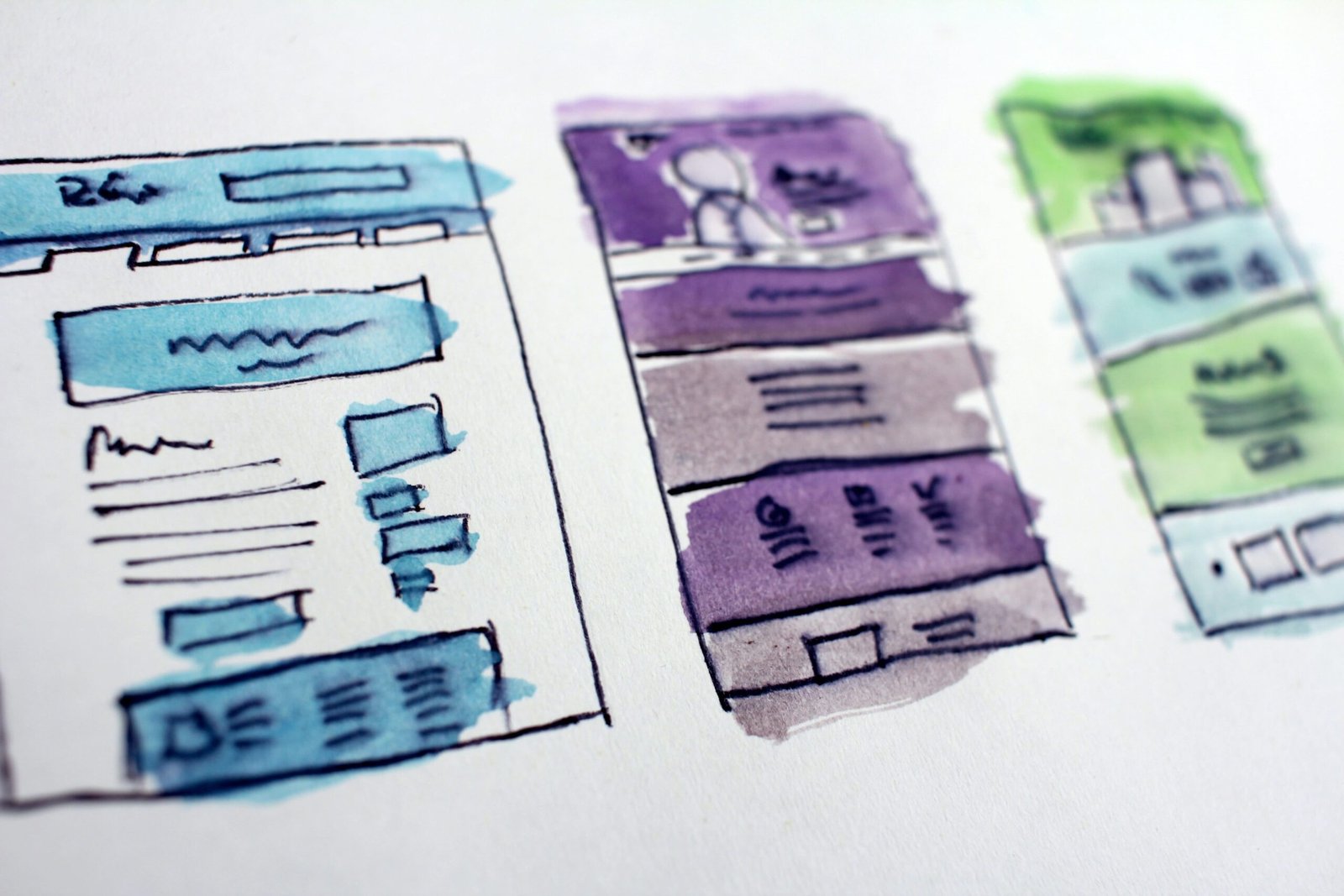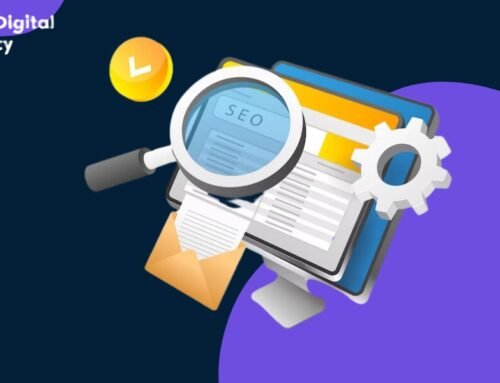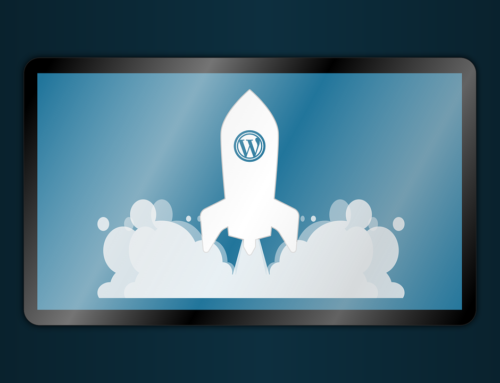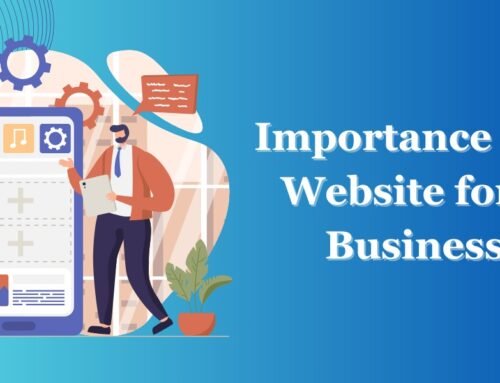So, you have an amazing business idea and you’re ready to start building your very first website. Congratulations! This is a huge accomplishment and the first step to a successful online venture. But before you start putting together your website, Things To Remember While Creating Your First Website. Creating a website is not as simple as it may seem, and there are a lot of factors that go into it. In this blog post, we will go over some of the things you need to remember while creating your first website. From planning and designing to development and launch, we’ve got you covered.
Why You Need A Website
There are many reasons why you need a website, even if you’re a small business or just starting. A website gives you a place to build your brand, share your story, and connect with customers and potential customers. It’s an essential part of doing business in the 21st century.
A website is also a great way to get found online. Customers are searching for businesses like yours every day, and a well-designed website can help them find you. Even if you don’t sell anything online, a website can be a valuable tool for marketing your business and building relationships with customers and prospects.
Finally, a website can help you save time and money. With a few clicks, customers can find the information they need without having to call or email you for it. That frees up your time to focus on other aspects of running your business.

How to Come Up With A Domain Name
There are a few things to keep in mind when choosing a domain name for your website. The domain name should be easy to remember and spell, as people will need to type it into their browser to find your site. It should also be short and to the point, as long or complicated domain names can be difficult for people to remember.
You’ll also want to make sure that the domain name you choose is available. You can do this by checking with a domain registrar like GoDaddy or Namecheap. Once you’ve found an available domain name that you like, you can register it and then point it to your web hosting account.
And that’s it! Once you have a registered domain name, you can start building your website. Just remember to keep your target audience in mind when choosing a domain name, as it will need to be easy for them to find and remember if you want them to visit your site again.
How To Choose A Hosting Provider
There are many things to consider when choosing a hosting provider for your first website. The most important thing to remember is that your website is only as good as the hosting provider you choose. Here are a few things to keep in mind when making your decision:
1. Reliability – Can you count on your hosting provider to keep your website up and running? Make sure to research reviews and testimonials before settling on a provider.
2. Cost – How much are you willing to spend on hosting? Keep in mind that you get what you pay for, so don’t skimp too much on this important aspect of your website.
3. Features – What kind of features does the hosting provider offer? Make sure they have everything you need to build and maintain a successful website.
4. Customer Support – When something goes wrong with your website, will customer support be there to help you fix it? Choose a provider with 24/7 support so you can always reach someone if an issue arises.
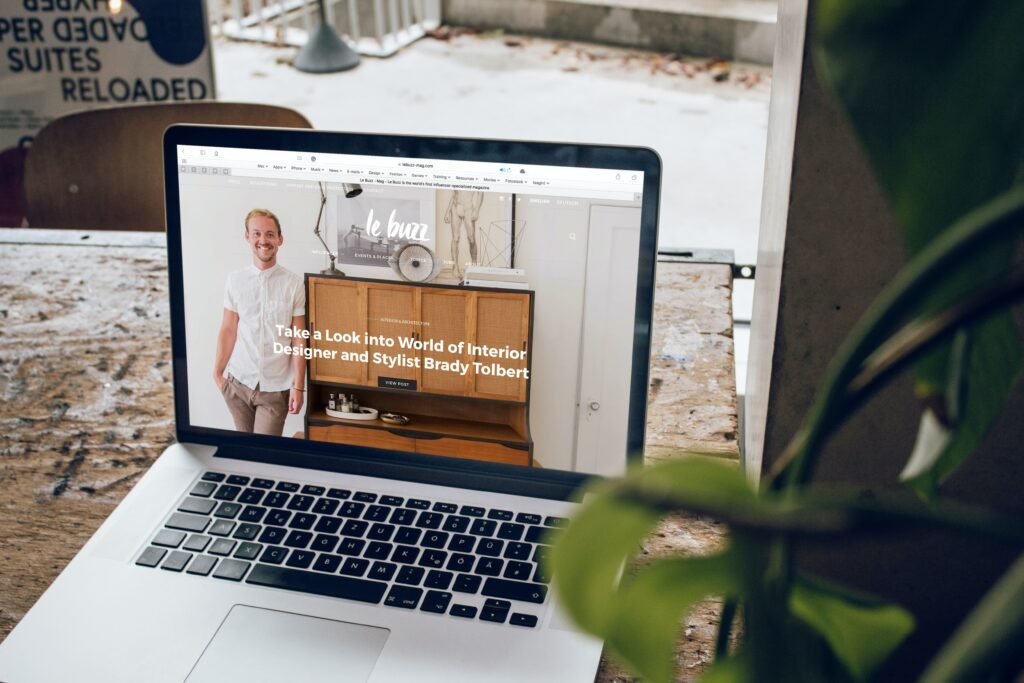
What Platform To Build Your Website On
There are a lot of different platform choices out there for building your website. It can be overwhelming to try to figure out which one is right for you and your project. Here are some things to keep in mind that will help you choose the right platform for your website:
1. What kind of website do you need? There are different platforms better suited for different types of websites. For example, if you need a very simple personal website, Tumblr might be a good choice. If you need a more complex website with multiple pages and features, WordPress might be a better option.
2. What level of control do you need? Some platforms give you more control over the design and functionality of your website than others. If you need complete control and flexibility, something like Drupal or Joomla might be a good choice. If you’re looking for something more user-friendly with fewer options to customize, Squarespace or Wix might be better options.
3. What is your budget? Some platforms are free to use, while others require monthly or yearly subscription fees. Make sure to factor in any costs associated with using a particular platform before making your final decision.
4. What skills do you have? Some platforms are easier to use than others and don’t require any coding skills whatsoever. Others require at least some basic HTML and CSS knowledge to make customizations. Choose a platform that matches your skill level and abilities to avoid frustration down the
How To Design Your Website
There are many things to consider when designing a website, but some key factors include:
-Layout: How you want your content organized on the page. Do you want a sidebar? Multiple columns?
-Design: What colours and fonts do you want to use? Do you want to use images or videos?
-Functionality: What features do you want your website to have? A contact form? A search bar? Social media integration?
What Content To Put On Your Website
When creating content for your website, Things To Remember While Creating Your First Website. First, you want to make sure that your content is relevant to your website’s topic. You don’t want to put irrelevant or off-topic content on your website, as it will only serve to confuse and frustrate your visitors. Second, you want to make sure that your content is well-written and error-free. Poorly written or error-filled content will reflect poorly on your website and its quality. Finally, you want to make sure that your content is updated regularly. Outdated content can give the impression that your website is stale and not worth visiting. By keeping your content relevant, well-written, and up-to-date, you’ll ensure that your website is a valuable resource for your visitors.
Conclusion
Your first website doesn’t have to be perfect, Things To Remember While Creating Your First Website. Make sure your website is easy to navigate, includes relevant and up-to-date information, and has a design that is pleasing to the eye. With a little planning and effort, you can create a website that will be a valuable asset for your business or personal brand.

